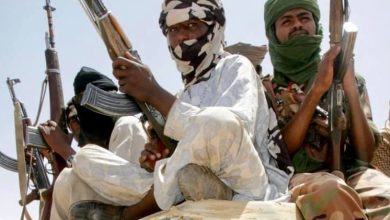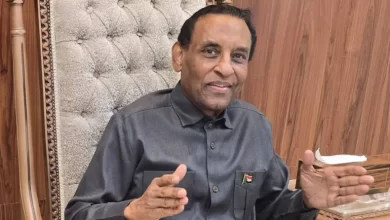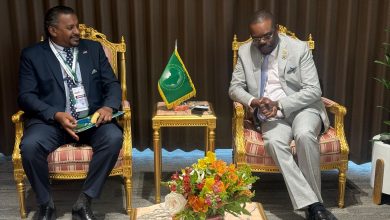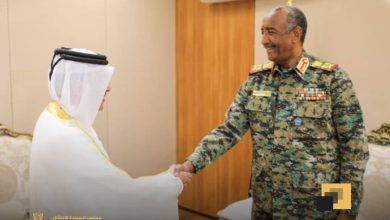Masalit Tribe Reveals a Serious Request of Hemedti
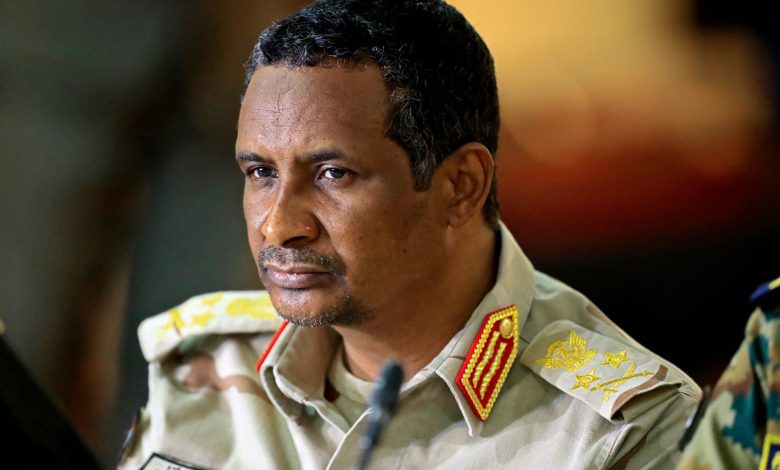
Sudan Events – Platforms
The representative of Masalit tribe, Saleh Arbab, said that the massacres they were subjected to represented only 5 or 7% of what was reported, and that 75% of the massacres were committed against Masalit and the rest against other tribes.
It was announced that 10.000 youth and children were killed, the oldest of whom was not more than 25 years old, in addition to the killing of thirteen journalists.
During the inauguration of the Popular Resistance of the People of Darfur to support and support the armed forces SAF the day before yesterday in the Red Sea State Government Secretariat Hall, Arbab revealed new details to respond to those who doubted the responsibility of the Rapid Support RSF in igniting the war.
He said: We respond to them all over the world that the militia was the one who started the war.
This is evidenced by the fact that the Rapid Support RSF Commander, Mohamed Hamdan Daglo “Hemedti”, presented during his last visit to Darfur, in which he stayed for two months, a request to the Masalit to fight with his forces to seize power and expel the Sudanese from their lands.
He added, “During his stay at that time, we only met him three times,” and attributed the targeting of members of the tribe and burying them alive because of their refusal to stand with Hemedti against the SAF and the Sudanese people.
He added, “The mutilation of the body of the governor of West Darfur and the burial of the Masalit alive came in retaliation for our refusal to fight with Hemedti.”
He criticized the delay in the popular resistance and continued, “They attacked us in El Geneina for 58 days, starting with the IDPs from their villages and even the refugees and displaced persons.
They expelled them from shelter centers, and when your daughter is raped in front of your eyes, it is better for you to die.”
He noted that the popular resistance started from El Geneina since the beginning of the war.
Citizens used knives and spears, and stressed the readiness of refugees from Darfur in neighboring countries to participate in the popular resistance, even if they came on foot.
